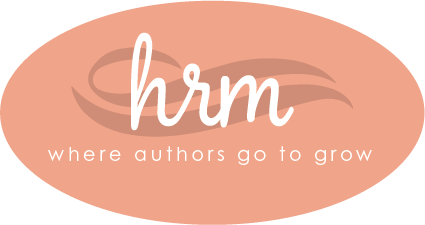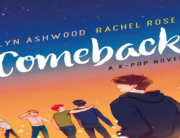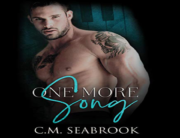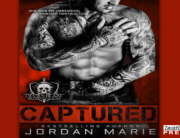One my favorite things about launching my own literary agency has been the flow of query letters I have received from authors. I love hearing from authors about their creative and bold stories (literature nerd, much?) and I love listening to people describe work that they are passionate about. Their energy is inspiring and their optimism contagious. Unfortunately, I haven’t had as much time as I would like in the past several months to tend to the rapidly growing submission pile in my office (insert immense apologies to those still waiting here). One of my main goals going into this spring/summer is to tackle that entire pile head on- let’s not hold our breath here but rather pray some mighty prayers to whatever higher power exists out there.
I started to dig through the pile again after a rather lengthy hiatus from it and it really hit me just how important a query letter is. This might come off as a stupid realization because well, duh query letters are super important. But, it’s not until you put yourself in the shoes of those people reading these letters that the importance really strikes you. Think about it for a second, you are faced with a pile of 100 book submissions- what’s going to make you stop and ask for more rather than tossing it directly into the ‘reject pile’? What sets one letter apart from another? What key information are you looking for?
See the dilemma of the query letter now? Yes, yes you do.

Catching an agent’s or publisher’s eye can be at times pure luck. Maybe the agent/editor has a special affinity towards your genre or writing style. Maybe they had good luck with a similar book recently. Or maybe it just sounds so different enough that it’s worth a shot. Whatever the case may be, you are one step closer to getting published and you couldn’t be happier about the opportunity.
Unfortunately, we all can’t depend on luck. Authors and writers need to take their querying seriously if they want to have even the slightest chance of getting noticed. You might feel like you are spending the same amount of time drafting a one page letter as it took you to write your entire novel. It might not feel like it at the time, but that’s a good thing. If your query doesn’t catch, your novel or book isn’t going to either. This morning I came across some helpful tips on GalleyCat that all writers should keep in mind as they are drafting their next query letter:
- Nail the “hook.” What’s the main point of your story? What makes your story so interesting? What makes it so different from other novels already out there? Why should the reader care about what you have to say? What does every word you put down on paper lead up to? Once you figure that out, nail it home in the query letter. Agents and editors don’t have time to read every manuscript in full, so you need to tell us what makes your story so special so maybe, just maybe we will take the time to read it. Don’t try to hide things in an effort to build suspense.
- Offer comparative titles. Since the agent/editor has never read your book before and is just reading a short summary of it, it’s helpful to include some comparative titles in your letter that maybe that agent/editor has already read or has at least heard about. It gives us some sort of base line to compare to and conveys the overall feeling of your story perhaps better than you ever could in your own words. Pick the right titles that actually compare to your book- you aren’t tricking anyone if you just rattle off a few bestsellers.
- Share your own story. The biographical section of your query letter is just as important as the summary of your book. We want to get to know the person behind the writing because that’s what helps to sells a book as well. Make sure to highlight the most interesting facts about yourself and what makes you, well… you.
- Acknowledge what you are looking for. Let the agent/editor know what type of relationship you are looking for with them. Are you solely just looking for a channel in which your work will get noticed? Do you want to work with them in order to improve your writing? Are you an experienced writer or are you looking for someone who will really be able to explain every step of the process to you? Neither of these options are ‘bad,’ you just need to be upfront about what you are looking for so that we can better access if we will be able to fulfill your desires.
- Talk about future plans. If you have other projects in the works or have ideas for future projects, include that information as well. It’s helpful to know where you want to go as an author and if we can see ourselves taking that ride with you. It’s always refreshing to hear from a writer with a vision for themselves, so don’t be afraid to share.
Write (or query) on!









Leave a Comment